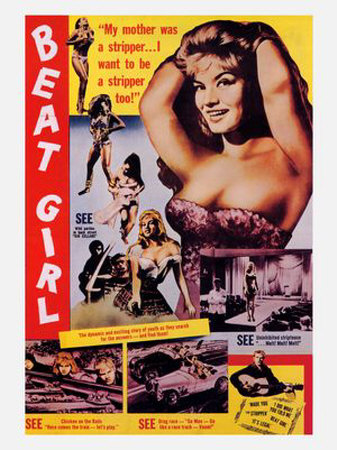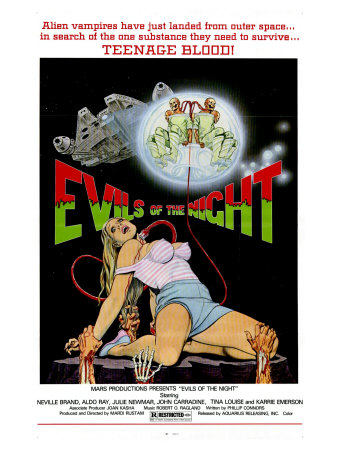I’ve barely been able to follow this little mini scandal in which Department of Agriculture employee Shirley Sherrod was forced to resign after falsely being accused of making antiwhite racist comments. I do note that the whole thing seems to be kicked off by conservative pundit Andrew Breitbart who first posted a video of Sherrod’s comments. Around 2003, when I first moved to LA, I attended some kind of blogging “salon”, and spent part of a coffee break with several people who were gathered around Beitbart as he expounded politics. (Also at the salon were Mikey Kaus, the contrarian Democratic blogger who recently ran in the Democratic Senate primary, several journalists from Reason magazine, and the Boi from Troi who was at the time a well-known gay Republican blogger.)
Now, I’m not going to use this post to comment on the Sherrod controversy, other than to say that it certainly embarrasses the Obama White House who overreacted by firing her, and Beitbart who may have finally bitten off more than he can chew. But, this event, by reminding me of that blogging salon, has made me realize how much the blogosphere has changed.
The advent of the blogosphere as an opinion center was the coalescence of two events in the early 2000s: one was simply the popularization of blogging technology like blogger.com; the second was the heated debates that arose out of the Iraq war. The war was a topic everyone had an opinion about, and blogging allowed them to easily express that opinion. Out of those debates, blogging stars arose: Instapundit, Andrew Sullivan, Daily Kos, Little Green Footballs, Talking Points Memo as well as a host of second and third tier bloggers. I remember being fascinated by these blogs, especially by their interrelated nature. Andrew Sullivan would make a comment and all the other bloggers would respond with their thoughts. They would form ever shifting alliances based on topics. (Instapundit and Andrew Sullivan are both essentially pro-gay marriage for example, but they have become bitter enemies over the Iraq war.) The individual blogs weren’t as interesting as the totality of the environment that they operated in. There was definitely something very “high school” about the whole thing.
But I think that’s mostly over. I rarely read any of those blogs other than Andrew Sullivan, and I’ve been tapering off on even he. This is partly because the Iraq war has cooled, and I’m less interested in these pundits opinions on the latest Supreme Court justice or Sarah Palin. And theirs something about the inextinguishable supply of opinion the blogosphere generates that becomes overwhelming. In the same manner that the digitization of music created an endless tidal wave of MP3s, blogging has created such an onslaught of opinion that it became wearying.
As some know, I entered the world of web design in the mid-90s. It was a very interesting and exciting time to be involved in the Web, because it was a very new “art form” and still being defined. But, eventually it calcified into a fairly predictable series of formats and designs. This was inevitable, and necessary, but I miss those “Wild West” days — that era when you weren’t sure what direction things were going to go. I think the wild West is over for blogging as well. Bloggers have certainly become a political class, but there are limits to their power, as I think Breitbart is finding out.

